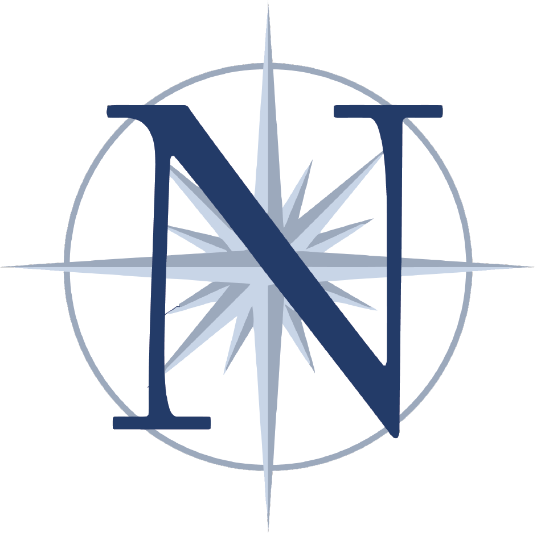The National Institute of Neurological Disorders and Stroke (NINDS) is forecasted to issue a funding opportunity: “Amyotrophic Lateral Sclerosis (ALS) Intermediate Patient Population Expanded Access (U01 Clinical Trial Required),” RFA-NS-26-001. Please note that forecasted opportunities are not guaranteed and may not result in a published Notice of Funding Opportunity (NOFO).
This funding opportunity is intended to support scientific research utilizing data from expanded access (EA) studies for ALS using investigational drugs or biological products. Eligible applicants must be clinical trial sites that participate in a phase 3/efficacy clinical trial supported by a small business concern that is the FDA-designated sponsor of a drug or biological product which is the subject of an IND under section 505(i) of the Federal Food, Drug, and Cosmetic Act (21 U.S.C. 355(i)) to prevent, diagnose, mitigate, treat, or cure ALS. The definition of a small business concern can be found at https://seed.nih.gov/small-business-funding/small-business-program-basics/eligibility-criteria.
NINDS encourages eligible drug sponsors to review RFA-NS-26-001 and consider working with an eligible Phase 3 clinical trial site to submit an application.
Receipt dates are still being finalized and are subject to change.
NINDS program staff (contact information below) are available to address any questions you may have about the funding opportunity, and to discuss your application should you choose to submit. In addition, technical assistance webinars for potential applicants to RFA-NS-26-001 will be scheduled prior to the receipt dates.
Amy Tsou, Program Director, Division of Clinical Research, NINDS, email hidden; JavaScript is required
Emily Caporello, Program Director, Division of Translational Research, NINDS, email hidden; JavaScript is required
Amelie Gubitz, Program Director, Division of Neuroscience, NINDS, email hidden; JavaScript is required
Dina Lyon, Clinical Research Project Manager, Division of Clinical Research, email hidden; JavaScript is required
***************************
